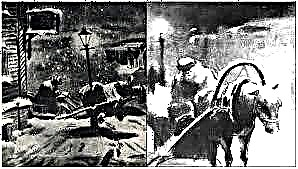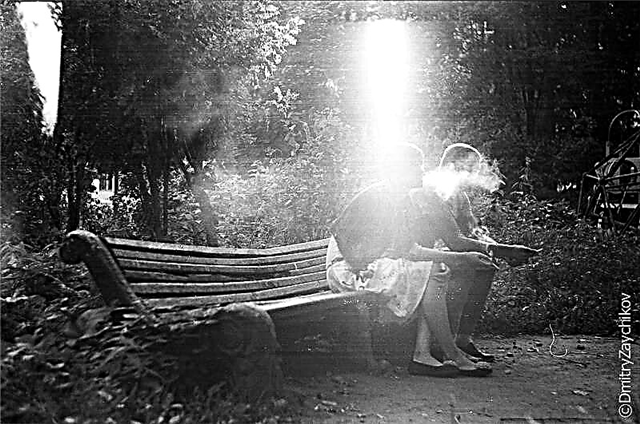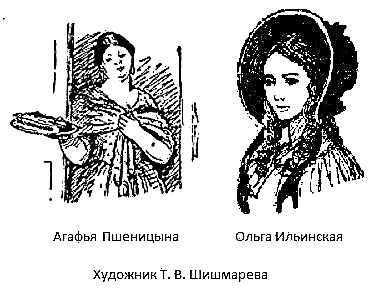(404 words) There are cases when a person needs to be punished for a crime committed, and it is unclear where in this situation justice ends and revenge begins. For some, a legitimate preventive measure will seem to be an unjust persecution, while someone will not confine himself to a court decision and will realize his personal sentence. How to understand where the line lies between malicious permissiveness and legal necessity? Let's try to answer this question using arguments from the literature.
In the story of N. S. Leskov, “Lady Macbeth of Mtsensk County,” the heroine does not live well in a new family. The husband does not pay due attention, is rude and unjustly accuses her of infertility. The father-in-law will not say good. Katerina Lvovna doesn’t have any close friends or favorite business. Boredom defeated the lady, and she made an affair with the clerk. The father-in-law saw this and threatened to report to the son about the infidelity of the woman. Then the heroine poisoned him, but this did not stop. In order to completely own all her husband’s property and make Sergey a merchant, she killed her husband who returned from the mill. But even here she could not reign supreme in the empty house: a young relative of her husband arrived, who claimed an inheritance. Then the widow and her lover strangled the child, but people saw this, and the couple went to hard labor. Although this punishment for a woman, and even becoming a mother, looks harsh, it is fair, because Katerina Lvovna killed several people.
In the novel by A. Dumas, “The Count of Monte Cristo,” several people unfairly condemned Edmond Dantes to eternal imprisonment in the castle of If. Out of jealousy, Danglar persuaded Fernand (who loves Edmond's bride) to write an unfair denunciation, where the sailor is accused of treason. The case falls into the hands of Belfort, who understands that it is more profitable for him to put an innocent man in jail than to release him with a letter where his father is compromised. So the hero is buried alive in casemates, and his bride marries a scammer. But Edmond gets out of the castle and becomes the almighty Earl of Monte Cristo, the owner of countless treasures, who decides to avenge those who set up Captain Dantes. He severely punishes them all, but at the same time innocent people suffer - the children of all these victims of justice. Of course, the count has reason to punish the offenders, but he played with God, so his just cause turns into revenge that knows no boundaries. When an innocent person suffers as a result of justice, it already becomes retribution.
Thus, justice is always directed only at the one who is to blame. Moreover, it should not punish a person by the principle of “eye for eye”. The court must make a decision, thanks to which the offender will get a chance to improve. And revenge sweeps everything in its path, affecting innocent people. She is uncontrollable, so sometimes she is superior to crime in her cruelty. This is where the difference lies.












